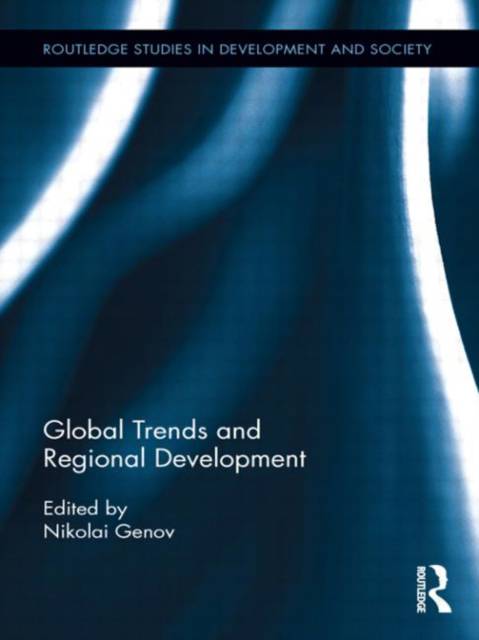
- Retrait gratuit dans votre magasin Club
- 7.000.000 titres dans notre catalogue
- Payer en toute sécurité
- Toujours un magasin près de chez vous
- Retrait gratuit dans votre magasin Club
- 7.000.000 titres dans notre catalogue
- Payer en toute sécurité
- Toujours un magasin près de chez vous
Global Trends and Regional Development
Description
For millennia, contact between societies was limited to trade or wars, a situation that changed profoundly with the development of global markets serving industrialization. The outcome was the emergence of one global human civilization, and one common future that will depend on the capacity of individuals and societies to manage the potentials for social development.
This edited collection is dedicated to the discussion of four global trends: upgrading the rationality of organizations, individualization, the spreading of instrumental activism and universalization of value-normative systems. The mutual influence of these interrelated trends brings about both constructive and destructive effects in social life, social integration and change.
Contributors examine questions such as: How do global trends pave their way in regions? What are the similarities and differences of regional development? How do agencies cope with the challenges of global trends in regional development?
Spécifications
Parties prenantes
- Editeur:
Contenu
- Nombre de pages :
- 348
- Langue:
- Anglais
- Collection :
- Tome:
- n° 28
Caractéristiques
- EAN:
- 9780415897631
- Date de parution :
- 23-09-11
- Format:
- Livre relié
- Format numérique:
- Genaaid
- Dimensions :
- 155 mm x 229 mm
- Poids :
- 589 g






